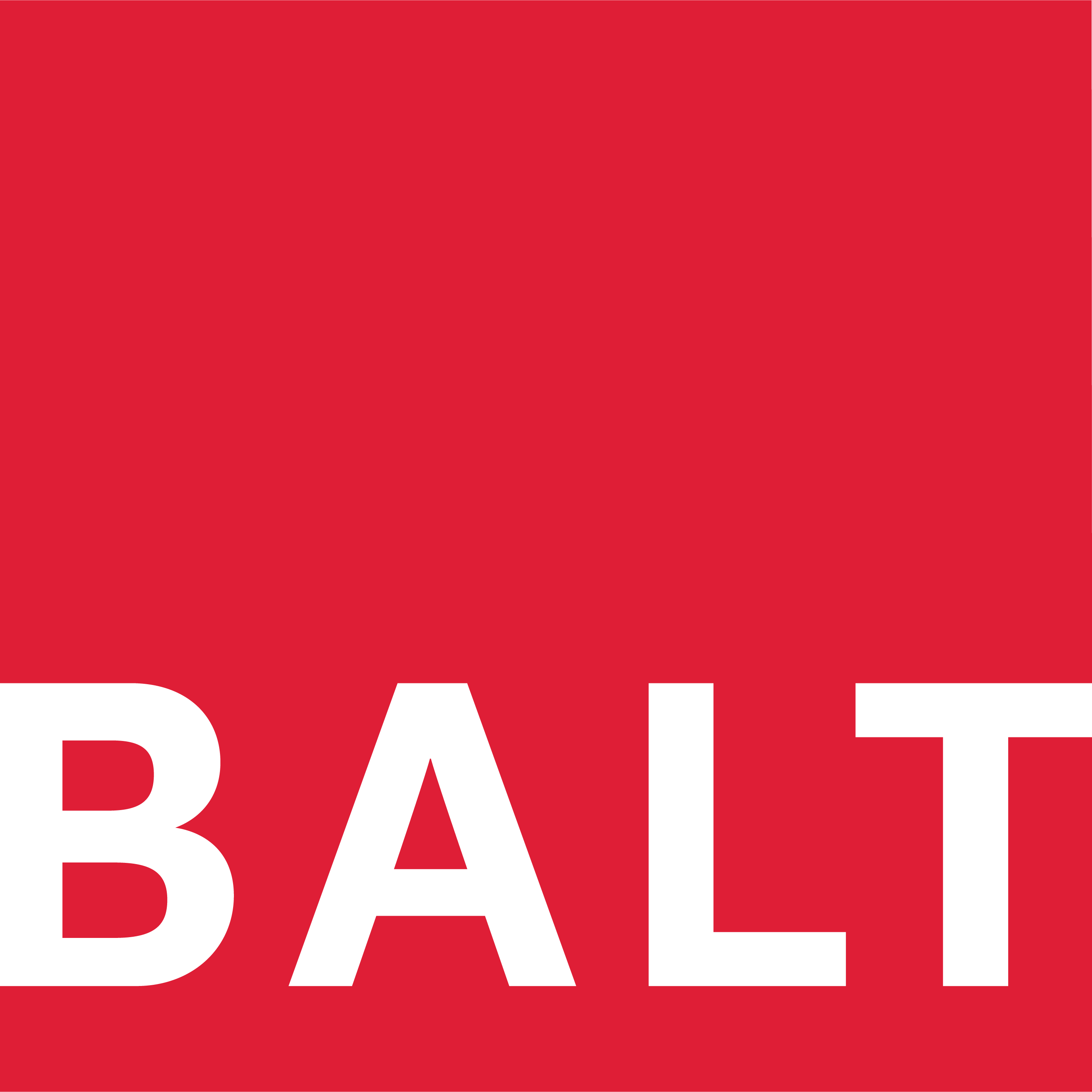pitt&sherry
pitt&sherry is a tenant of a five-star energy efficient building. However, the property does not provide recycling services. Attempts at recycling have resulted in high contamination levels causing additional costs in disposal.
pitt&sherry is a tenant of a five-star energy efficient building. However, the property does not provide recycling services. Attempts at recycling have resulted in high contamination levels causing additional costs in disposal.
The range and volume of materials handled through the CPT Engineering receiving yard has increased in recent years. Storage, tracking and retrieval of materials has become inefficient, causing delays and wasted transport from receiving to work stations.
ThinkBig Printing is actively recycling almost half of its production wastes, but options for recycling vinyl are very limited and not available in Tasmania. The business is seeking to reduce vinyl waste to landfill by eliminating errors in production that cause avoidable waste.
Drysdale training restaurant in Launceston was a recipient of a Northern Tasmanian Waste Management Group resource recovery and waste minimisation grant, which enabled them to purchase a composting machine. Teaching staff wanted to create a culture of sustainability by integrating waste management procedures into learning activities.
A large proportion of waste generated in-process at Penguin Composites is offcut fibre composite material, which has very limited options for recycling or re-use. Management wanted to explore opportunities to reduce waste at the source at investigate alternative uses for offcuts.
Approximately 80% of waste generated on-site at Nichols Poultry is already recycled. Single-use plastic film products help the company maintain food safety standards. The main barrier to recycling this waste is high contamination rates from liquid proteins.
At Jinglers Creek Vineyard, nylon nets are used to protect ripening fruit from losses to birds. Applying nets requires a team of people, a tractor and approximately two square kilometres of polyester netting, which is replaced every seven years. The owner applied their technology skills to develop an innovative alternative.
The materials used in production at Direct Edge Manufacturing (mild steel, stainless steel, aluminium) are highly recyclable and there are established systems in place for collection and recycling.
The business maintains a large inventory of offcuts to optimise value inherent in the material and reduce embedded energy in each product lifecycle.
Botanical Resources Australia is looking outside their own system to see how they can add value to other material streams. Existing pelletising equipment, used in the production of pyrethrum oil, is under-utilised and could be repurposed to convert timber wastes from external sources into bio-fuel.
